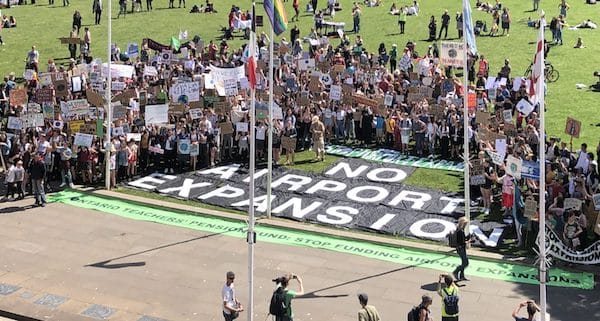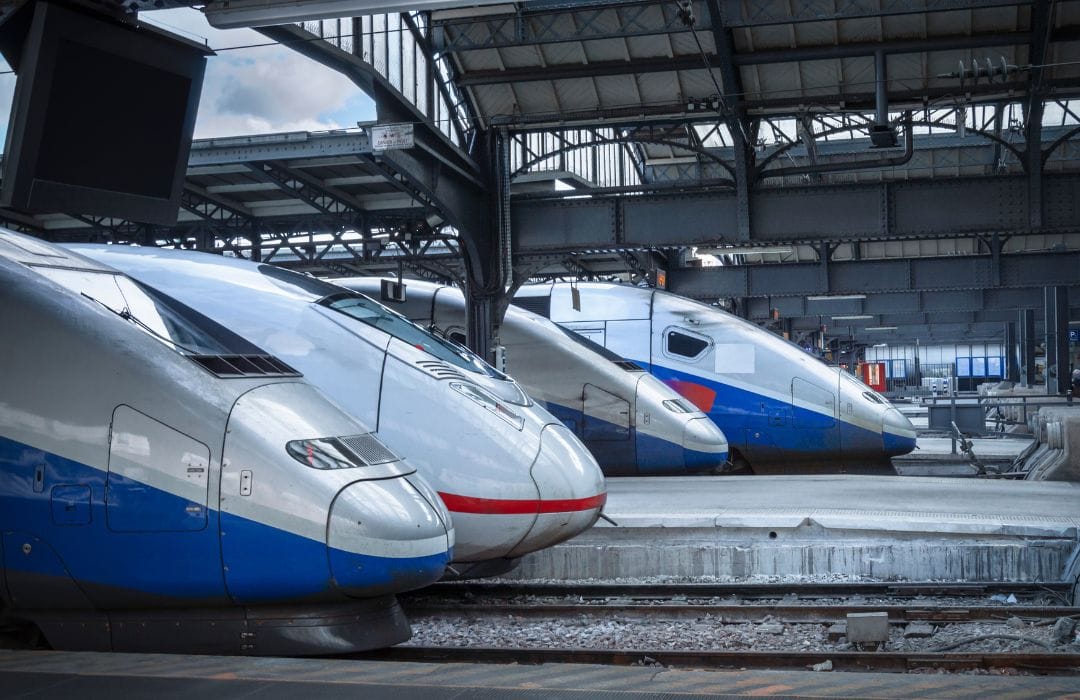The concept of carbon offsetting has been around for a long time.
In simple terms it means compensating for the amount of carbon a particular activity creates, by absorbing it elsewhere.
Tree-planting is an obvious and easy one: trees absorb CO2 as they grow, so they are the go-to mechanism for carbon offsetting. Lots of companies will offset the emissions generated by their operations by paying for trees to be planted.
Effectiveness
Offsetting sounds like the perfect way to address our rising emissions, but every so often a study pops up that demonstrates that offsets don’t exactly do what they claim to do. An EU report from 2017 showed that 85% of schemes were ineffective, and an investigation in 2023 showed that 90% of offsets were worthless.
A tree doesn’t instantly absorb the carbon of your flight – it takes a lifetime for one tree to absorb an estimated tonne of CO2, and there’s no guarantee that trees will survive long enough to compensate the necessary emissions (see here for more in-depth information about tree growth and carbon absorption).
Even if they do, the stored carbon is released back into the atmosphere when the tree decays and dies, meaning there's no net benefit over the tree’s lifetime. And if, as is becoming increasingly likely as our emissions grow and grow, it burns in a forest fire, then that’s a net increase.
Tree-planting cannot be seen as a quick fix to our continued rising emissions.
We certainly need more trees, plants, woodland, hedgerows and wild land, but this should be in the context of addressing our already over-carbonated atmosphere, and our chronic loss of biodiversity. Tree-planting cannot be seen as a quick fix to our continued rising emissions – especially because there is simply not enough land space on earth to plant enough trees to offset our emissions.
Social implications and questions of justice
Offsetting schemes have been likened to colonialism because powerful fossil fuel companies take advantage of small, often indigenous communities, in order to acquire land to use for offsetting schemes. 'Land grabs' even happen right here in the UK.
This is not only a social injustice, but in many cases has an overall detrimental effect on the environment, for example where bio-rich areas are replaced with monoculture tree plantations.
Of course, tree planting isn’t the only offset scheme out there. A popular offsetting project is providing clean cookstoves for communities in countries across Africa. There is no doubt that these schemes are hugely beneficial to the communities involved, both from the users’ point of view and the planet. What doesn’t feel right is that we should pay for other people to reduce their emissions so we can avoid reducing our own.
It doesn’t feel right to pay for other people to reduce their emissions so we can avoid reducing our own.
Cost
The Grantham Institute calculates that a realistic carbon price would be £160 per tonne by 2025 (£50 per tonne in 2020).
If we look at most carbon offset calculators, the suggested amount is a lot lower:
- Atmosfair = £20 per tonne CO2
- BA = £10 per tonne
- Easyjet = £3 per tonne (EasyJet abandoned its offset scheme in 2022, preferring to focus on green technology and so-called 'sustainable' aviation fuel)
The vast disparities between these costs show that offsetting is somewhat arbitrary. There is some regulation to the industry, for example with Gold Standard offsets, but even those are open to fraud and don’t always live up to their promise. Ultimately, offsetting has become a tradable commodity – just one more morally questionable industry to add to the list.
Behaviour change
The main problem with offsets is that they make us think our emissions don’t count, so we continue our polluting behaviour. If we believe that the harm caused by our flights has been balanced out elsewhere, there’s no incentive for us to cut down.
Offsets make us think our emissions don’t count, so we continue our polluting behaviour.
This is the main reason that Flight Free UK doesn’t support carbon offsetting in any form. While some carbon reduction projects are worthwhile and can have a positive impact, they should be supported for their own merit, rather than being used to allow our emissions to keep on rising.
A good way to put it, as expressed by a US colleague, is, “If you have to take a flight, own the emissions and don’t offset. If you don’t feel comfortable owning the emissions, what does that say about the value of the flight?”




